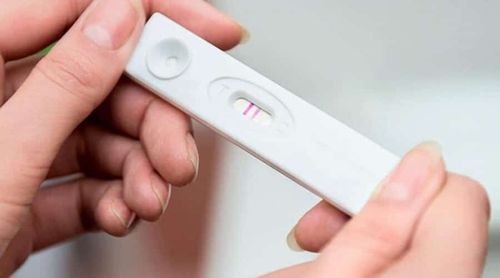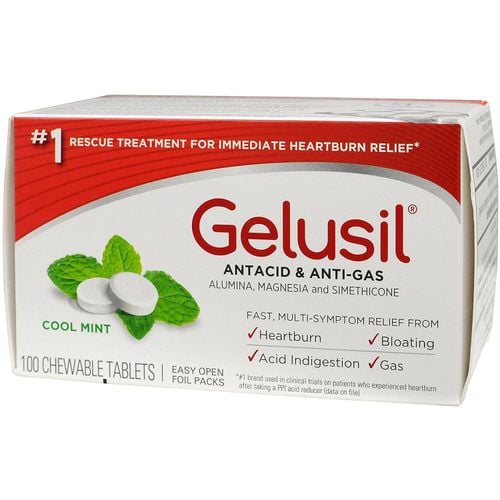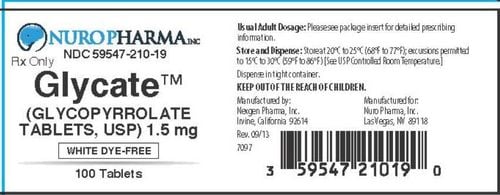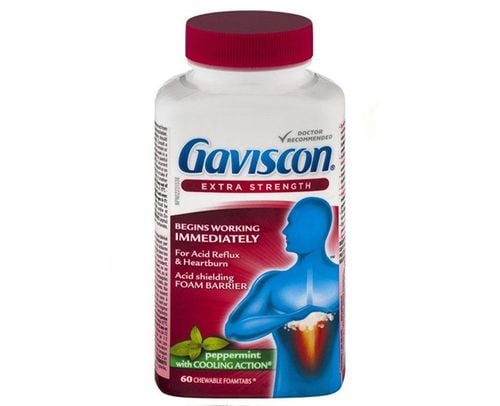This is an automatically translated article.
Peptic ulcer is one of the common diseases in the gastrointestinal tract, regardless of age and sex. The disease will improve and can be completely cured if detected and treated in time, on the contrary, when detected and handled too late, it can lead to many dangerous complications such as gastrointestinal bleeding, pyloric stenosis, Perforation or leaky stomach ulcer, even cancer.
1. What is peptic ulcer disease?
Peptic ulcer is a common disease in the gastrointestinal tract, characterized by damage to the lining of the stomach or duodenum due to the action of gastric juice. This disease has been known for a long time and is quite common in the world as well as in Vietnam. Although more and more advances in medicine make early diagnosis and more effective treatment, given the chronic and relapsing nature of the disease, this is still a major health problem, leading to serious health problems. to many dangerous complications.
2. Causes of stomach ulcers - duodenal ulcers
There are many causes of peptic ulcer disease, including:
Infection: Helicobacter pylori bacteria: This is one of the main causes of peptic ulcer disease as well as aggravates existing lesions. present in the stomach. Herpes simplex virus - HPV. Cytomegalovirus – CMV. Prolonged or abusive use of drugs: Long-term use of drugs that upset stomach acid-base balance can lead to peptic ulcers. Peptic ulcer disease is common in patients who use drugs such as: NSAIDs (non-steroidal anti-inflammatory drugs). Corticosteroids. Bisphosphonates. Clopidogrel. Some diseases can lead to peptic ulcers such as: Chronic obstructive pulmonary disease. Cirrhosis. CKD. Transplant. Ulcers due to autoimmune disease. Peptic ulcer disease is common in people who regularly use foods that are harmful to the digestive tract such as: Tobacco, coffee, beer, alcohol, ... or other stimulants Hot spicy foods, sour, or processed by baking, frying or skipping meals, eating at the wrong time, eating in a hurry or not chewing well... is also one of the common causes of peptic ulcers. Unscientific lifestyle: Staying up late, lack of sleep, stress, tension, anxiety, prolonged fear ... are also considered risk factors for peptic ulcer disease.
3. Symptoms of peptic ulcer disease
Patients with peptic ulcer disease often experience symptoms of abdominal pain, burning in the epigastrium. This is considered a permanent symptom of this disease. Pain that is unpleasant, dull, even intense, and can be persistent or cyclical in nature. Depending on the location of the ulcer, the nature of pain is different:
If the ulcer is located in the stomach, usually after eating a few tens of minutes to a few hours, pain will appear. If the ulcer is located in the duodenal bulb, the pain occurs when fasting or 2-3 hours after a meal, the pain is dominant at night, fast pain relief after eating. Other symptoms of peptic ulcer disease include:
gas, heartburn : Patients often experience belching, heartburn, discomfort in the epigastrium or behind the sternum, often accompanied by abdominal pain. Feelings of indigestion, abdominal distension, loss of appetite: Because the area above the navel is tight, the patient has no appetite and fatigue. Nausea, vomiting: Nausea, vomiting, or stomach upset are common. If the ulcer is causing pyloric stenosis, the patient may feel better after vomiting. In case there is blood flowing from the ulcer into the stomach or digestive tract, you may experience vomiting blood or passing black stools.
4. Complications of peptic ulcer disease
Peptic ulcer disease can be relieved or completely cured if treated promptly. However, some cases that are not diagnosed early or treated well can lead to dangerous complications such as:
Upper gastrointestinal bleeding: This is the most common complication in patients with peptic ulcer disease. colon. This symptom occurs if the ulcer causes deep damage beyond the lining of the stomach or duodenum, perforating blood vessels, causing bleeding. Symptoms of upper gastrointestinal bleeding include epigastric pain, vomiting blood, black stools, if a lot of blood loss can lead to dizziness, fatigue or even fainting, rapid pulse, low blood pressure. This is an emergency that needs to be diagnosed and treated right away because it can be life-threatening. Perforation or fistula ulcer: when the ulcer damages all layers of the stomach wall, the duodenum will create a fistula that drains digestive juices into the abdomen, leading to a complete or local peritonitis. . Diagnosis of perforation or fistula causing peritonitis includes symptoms of sudden, severe pain above the umbilicus, then spreading throughout the abdomen, the patient resists, and the abdominal wall is rigid. This case needs emergency surgery soon because it can lead to severe toxic infection, even death if the intervention is too late. Pyloric stenosis: The pylorus located at the end of the stomach, where it meets the duodenal bulb, acts as a valve to keep food in the stomach for digestion before being pushed down the duodenum for absorption. Pyloric stenosis is common in patients with an ulcer in the duodenal bulb because the ulcer causes fibrosis leading to narrowing of the descending route of food. Common symptoms in people with pyloric stenosis are bloating, flatulence, abdominal pain after meals, nausea, especially vomiting food the day before because it cannot pass through the pyloric opening, so food is retained in the stomach. thick. Gastric cancer: Gastric cancer caused by peptic ulcer disease can be seen in late diagnosis or frequent recurrence because of poor treatment results. This is the most serious complication of peptic ulcer disease. In summary, the common causes of peptic ulcers can be prevented with a healthy lifestyle and proper use of medicines and foods. Patients who detect symptoms of peptic ulcer disease should seek medical attention for early detection, effective treatment, and prevention of dangerous complications.
Please dial HOTLINE for more information or register for an appointment HERE. Download MyVinmec app to make appointments faster and to manage your bookings easily.













